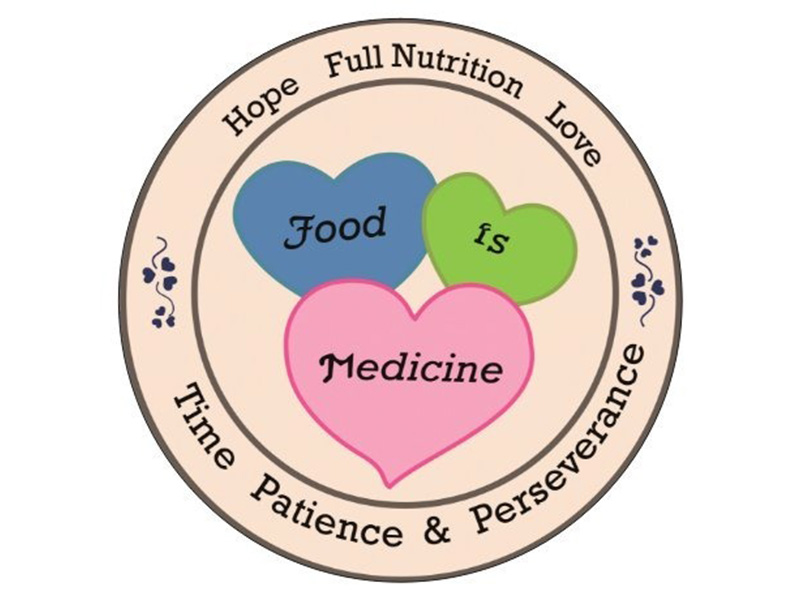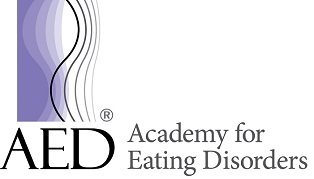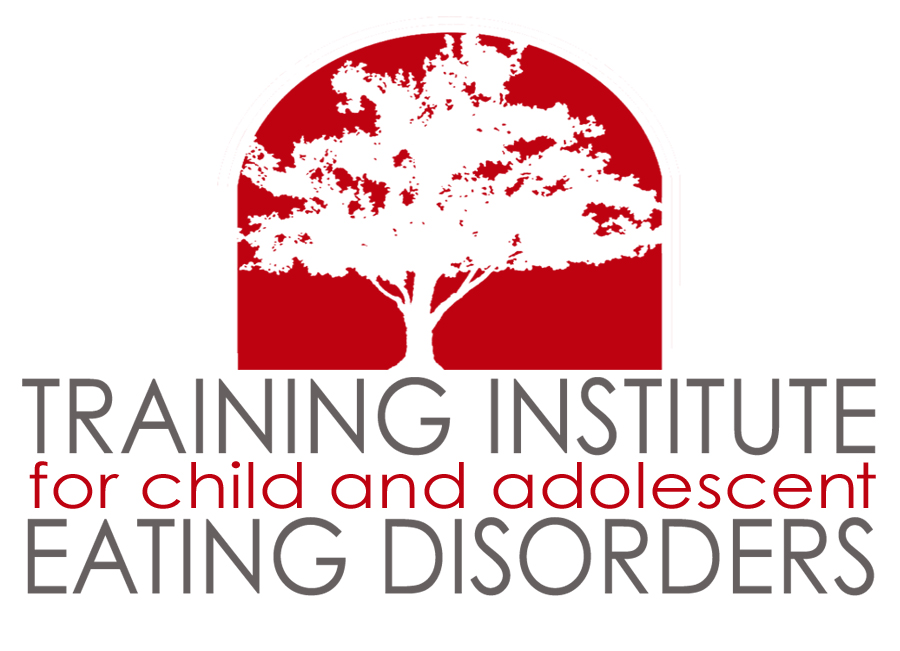As a parent, navigating your child’s eating disorder recovery can be an overwhelming and emotional journey. Parents come to us, already have been given so many opinions on methods and level of care for their child. At Resilience DBT & Eating Recovery, we understand the importance of finding the right therapeutic approach and support for your family, and intervening as early as possible. Resilience Therapy offers only Evidenced Based Treatment means treatment backed by science and research. Integrating adherent Family-Based Treatment (FBT) with Dialectical Behavior Therapy (DBT) Skills Training can offer a comprehensive and powerful wrap-around treatment plan tailored to your child’s unique recovery needs, especially when extra support for co-occurring mental health symptoms are indicated.
Family Based Treatment is considered to be The Gold Standard Treatment for Pediatric and Adolescent Eating Disorders
Understanding FBT
Family-Based Treatment (FBT), or the Maudsley Approach is an evidence-based approach that is considered First-Line-of-Treatment. Around the globe, It is considered to be the Gold Standard for the Early Intervention of Pediatric and Adolescent Eating Disorders. FBT empowers parents to take an active role in their child’s refeeding providing them with the tools and support they need to help their child overcome their eating disorder and keep their child in the least restrictive environment – your home!
For an early intervention of an eating disorder, FBT is designed to be a complete and final treatment. FBT is a protocol of approximately 20 sessions that take place over 6-12 months, beginning weekly. The practice of Family Based Treatment is an advanced eating disorder certification, and the FBT provider an already seasoned individual and family Eating Disorder therapist. The FBT protocol promotes efficient progress, and is tailored and customized for every child and each family system. The treatment from start to finish occurs in 3 phases:
Phase 1 – Refeeding/Weight Restoration. Parents take charge and plate all meals and snacks and temporarily halt calorie burning exercise and eating disorder behaviors
Phase 2 – Gradually Transition Control of eating back to the Child/Teen
Phase 3 – Treatment Termination and focus on Age-Appropriate Adolescent Issues Establishment upon full weight and mental health recovery.
“There is no witch as mean as my eating disorder voices”
FBT can be an excruciating process, in the beginning The child or teen with a starved anorexic brain will fight against being fed. They have internal voices telling them “ Don’t eat this, it will make you fat” . “You are not worthy” , etc. As an empathic parent, you may want to listen to these statements and accommodate. Your child is in pain and you want to be sensitive. However, these words may come out of your child’s mouth, but they are not really your child but the words of an illness that is trying to take over your child.
During intake, we often ask a child or teen to give their eating disorder voice an image or a character, like an animal, or a type of weather or a Disney Character. When asked, for a metaphor, one little girl told therapist and her family, “There is no witch who is as mean as my eating disorder voices” . Her mother who spoke very little English, understood this, and burst into tears.
In early refeeding, every bite can be excruciating. The child needing to weight restore needs 3 meals and 3 snacks per day, and the parents take on a similar role as an inpatient or PHP staff, and have to be firm about meal and snack completion. Temporarily, refeeding is an all consuming process and can be an exhausting process for parents. But FBT research shows, renourishment is most successful when conducted by the people who love the child the most… his or her parents.
How does DBT Skill Training help the FBT Treatment?
FBT is designed to be a complete treatment for anorexia, but when there are co-occurring or unsafe mental health symptoms, such as suicidal ideation or self-harm urges, Dialectical Behavior Therapy (DBT) is another evidence-based therapy that offers safety and support to the treatment. DBT combines cognitive-behavioral techniques with mindfulness practices. DBT is a comprehensive system of coping skills and DBT focuses on four key skill areas: mindfulness, emotion regulation, distress tolerance, and interpersonal effectiveness. These skills help individuals better understand and manage their thoughts, feelings, and actions, promoting healthier choices and improved relationships.
DBT is The Most Comprehensive Curriculum of Coping Skills we have today
The Compatibility of FBT & DBT: A Powerful Combination
FBT and DBT complement each other well, providing a comprehensive approach to eating disorders and mental health treatment. Here’s how these two therapies work together:
FBT focuses on renourishment to restore brain function and logical thinking, while empowering the parents to take charge. FBT is a cutting edge approach. Waiting for the starving person to want recovery or be insightful is an approach over the years that has led to a deepening of the eating disorder.
DBT offers coping skills training at the same time that FBT supports the eating disorder recovery process. By combining both approaches, treatment can address both the process of renourishment and provide coping skills for both teen and for parents to surf through the 3 stages of FBT, safely. DBT skills can enhance the effectiveness of FBT by helping parents and children better manage emotions, communicate more effectively, and cope with distressing refeeding moments
Both FBT and DBT have much in common. They are both transparent methods that allow family members to work effectively together. By helping to prioritize collaboration and validation, a supportive therapeutic environment is created that fosters trust and open communication, and moves the treatment forward to completion.
FBT and DBT can be tailored to meet the unique needs of each family, allowing for flexibility and customization of the treatment.


Resilience DBT & Eating Recovery: Your Partner in FBT & DBT Treatment
At Resilience DBT & Eating Recovery, our skilled therapists specialize in both FBT and DBT, providing a comprehensive and evidence-based treatment approach for your family. We understand the unique challenges faced by parents and children navigating eating disorder recovery, and we’re committed to supporting you every step of the way.
By combining the strengths of FBT and DBT, your family can benefit from a comprehensive treatment plan that addresses both the emotional and behavioral aspects of eating disorders. This powerful union can help your child achieve lasting recovery while fostering healthier family dynamics and communication.
The compatibility of FBT and DBT offers an innovative and comprehensive approach to eating disorder treatment. By combining these evidence-based therapies, Resilience DBT & Eating Recovery, we can support your family in overcoming the challenges of eating disorder recovery and promoting lasting healing. Reach out to Resilience today to learn more about our comprehensive approach and how we can help your child and family on the path to recovery.

EXPERIENCE HOPE!
Copyright © Resilience DBT & Eating Recovery, 2024
How do I begin?
Our team is dually and expertly trained in the Treatment of Eating Disorders and DBT for Mental Health. Our Evidenced-Based approaches include FBT, CBT-E, DBT-ED, and Comprehensive DBT for co-occurring mental health conditions. Our outpatient practice has helped Children, Teens and Adults achieve full Eating Disorder Recovery and Mental Health Stability for over 25 years.
1
Schedule your 15 minute free phone consultation
This phone screening is highly confidential to help determine if coming to the Resilience practice is the best course for you or your loved one.
2
Complete an Expert and Comprehensive Intake
During your intake appointment we will gather more information to identify your stressors and needs. And work with you to develop your resilience treatment plan.
3
Get connected with Your Personalized Care Team
Meet with a practitioner to get started on your journey of healing and wellness you know you deserve.









